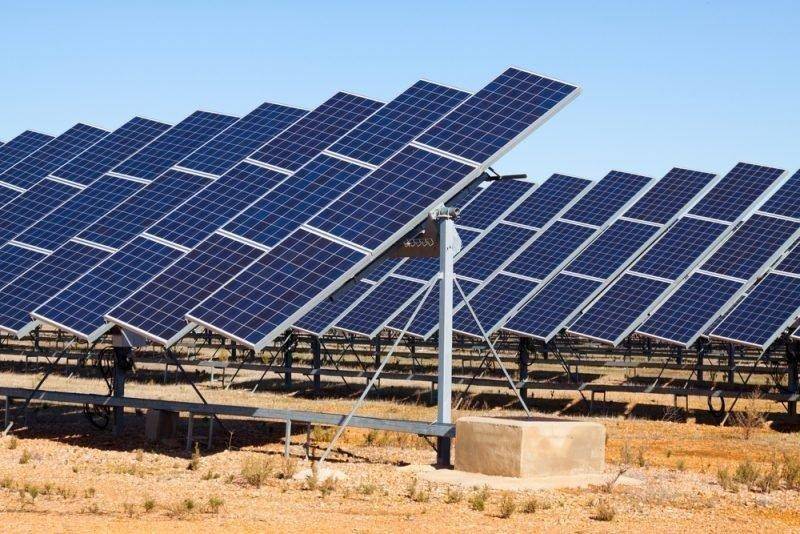By Julie Johansen
The Economic Benefits of Utah’s Rural Renewable Energy Industry Report was recently released by The Western Way. The economic study was conducted by Development Research Partners to analyze renewable energy projects in 11 counties in rural Utah.
The 31 projects in Utah, five of which are currently under construction, showed a significant economic benefit to rural areas. The benefits included $5.3 billion from construction and investment activity from 2007 to 2023 as well as 9,051 total jobs earning $442.8 million in wages. In addition, these projects include $4.1 billion from construction and investment with 4,368 full-time jobs, and $154.4 in economic output with 568 employees earning $32.1 million annually.
“This new study highlights and proves that renewable energy development has brought significant investment to the state,” State Representative Stephen G. Handy said. “$4.1 billion in construction and investment from 2007 to 2023 is pretty impressive.”
Also important for rural communities is $24.6 in annual property taxes paid to local governments and $6.3 million in lease payments to ranchers, farmer and other landowners.
“Renewable energy in Utah has historically been dominated by hydroelectric power, but solar, wind and geothermal have grown in significance over the past two decades,” the report states. “Utah’s high altitude, cooler temperatures, available sunshine and affordable land have made the state a prime location for renewable energy development facilities.”
At the end of 2020, Utah ranked 10th among the states in the amount of solar generating capacity with 1,525 Megawatts installed.
The report drew support from elected officials and Utah leaders. J. Stuart Adams, President of the Utah State Senate, remarked, “The fact that workers in construction and maintenance has risen to over 9,000 is impressive. This number is just going to grow and I’m pleased that rural Utah is benefiting so much from these projects.”
According to the report, nearly one gigawatt of utility-scale solar in Utah was built in 2015 and 2016, with more capacity than hydroelectric, geothermal and wind combined, creating a large spike in renewable energy production.
Many commissioners in rural communities have supported these projects and their economic impact. Beaver County Commissioner Mark Whitney said the projects have brought significant development to the county with the opportunity for job growth and increased tax revenue.
Commissioner Paul Cozzens from Iron County echoed this statement, sharing, “This could be really exciting in terms of additional job creation and positive economic activity for Iron County.”
Edwin R. Stafford, Professor of Marketing at the Jon M. Huntsman School of Business, said the report is uplifting for rural communities. “This report should give state, county and city policymakers the assurance that local projects will benefit their neighbors and communities.”
The Western Way is a non-profit organization focused on fiscal conservative, market-competitive solutions to environmental and conservation challenges facing our country.

